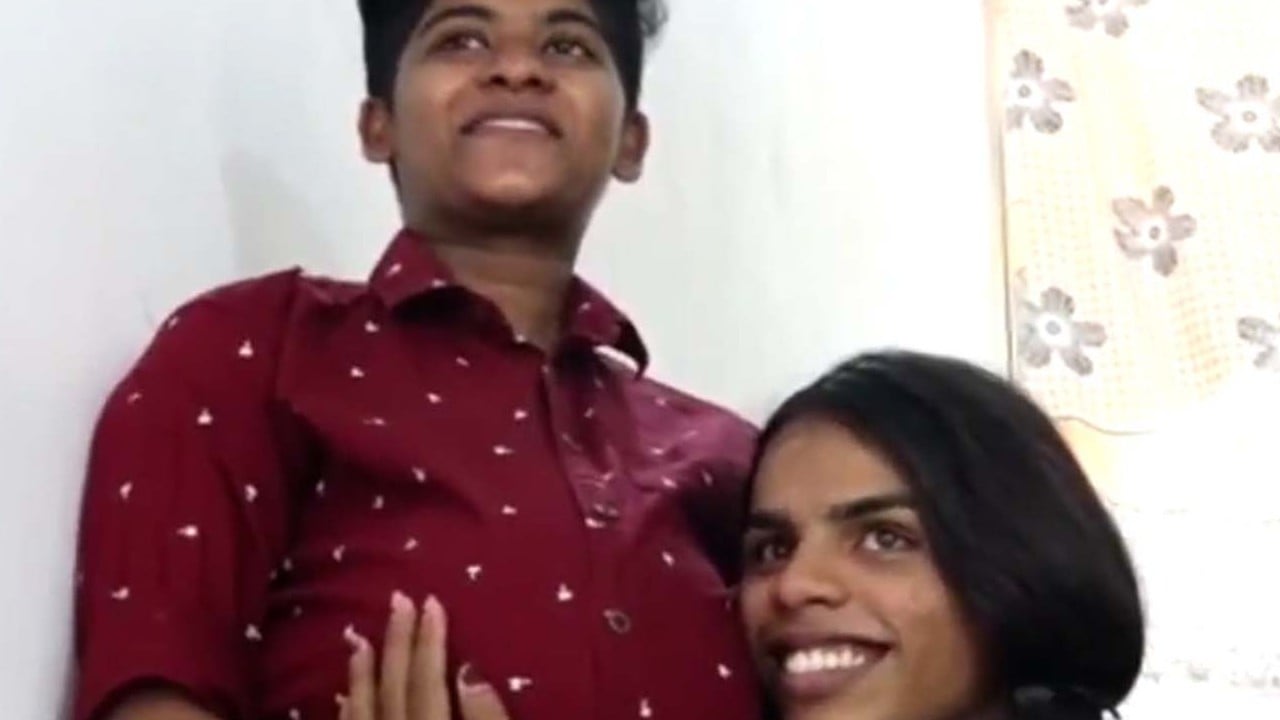
India government opposes recognising same-sex marriage: court filing
- Narendra Modi’s government is urging the Supreme Court to reject challenges from LGBT couples to the current legal framework
- Law ministry says cohabitation of same-sex partners cannot be compared with the ‘Indian family unit concept of a husband, a wife and children’
The Indian government opposes recognising same-sex marriages, it said in a filing to the Supreme Court on Sunday, urging the court to reject challenges to the current legal framework lodged by LGBT couples.
The Ministry of Law believes that while there may be various forms of relationships in society, the legal recognition of marriage is for heterosexual relationships and the state has a legitimate interest in maintaining this, according to the filing seen by Reuters, which has not been made public.
The intent of existing legislation “was limited to the recognition of a legal relationship of marriage between a man and a woman, represented as a husband and wife”.
In its court filing, Prime Minister Narendra Modi’s administration said that marriage is accepted “statutorily, religiously and socially” only between a biological man and a biological woman. Any deviation from this accepted form can only be voted by lawmakers and not ruled by courts, the affidavit argued.
Invoking the idea of family, it said that cohabitation of same-sex partners cannot be compared with the “Indian family unit concept of a husband, a wife and children”.
The government has also stated that formal recognition of marriage also affects related issues ranging from child adoption to inheritance rights, and it is pertinent for the issue to be debated by the legislature while considering all views that could impact society.
India’s Supreme Court has previously affirmed a constitutional right to privacy, toppled a colonial-era law criminalising sex between men and expanded legal protections for “atypical” families, a category that includes same-sex couples as well as blended and intergenerational households.
The Indian government’s position on the issue has, however, remained the same since 2020, when a similar stance to oppose same-sex marriages was taken before a lower court.
A judgment in favour of India’s LGBTQ community would more than double the number of people globally with marriage equality rights, eventually cementing inheritance, adoption and other protections for all 1.4 billion Indians.
At least three lawyers representing petitioners in the case declined to comment on the government’s affidavit ahead of the court hearing. Court proceedings are expected to begin on Monday.
Additional reporting by Bloomberg


